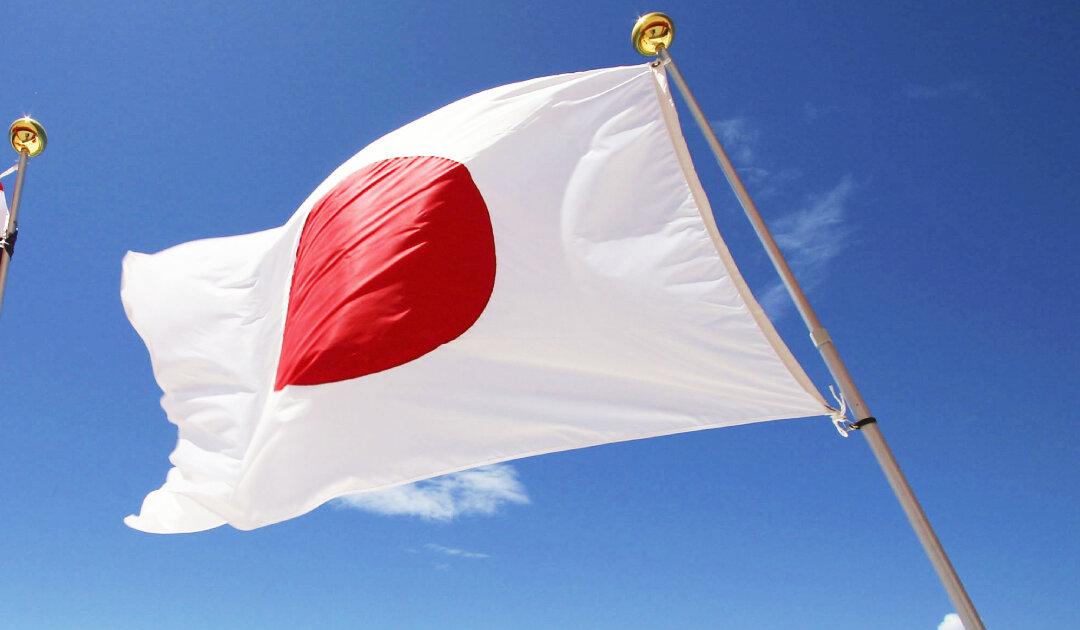The United Kingdom and Japan on Tuesday signed a letter of arrangement to pursue cooperative research on a “world-leading” fighter jet sensor beginning in April, the British Ministry of Defense said.
The project, known as Jaguar, will be designed to allow the armed forces to better detect “future threats from air, land, and sea quickly” and “denying surveillance technology” operated by their adversaries.





